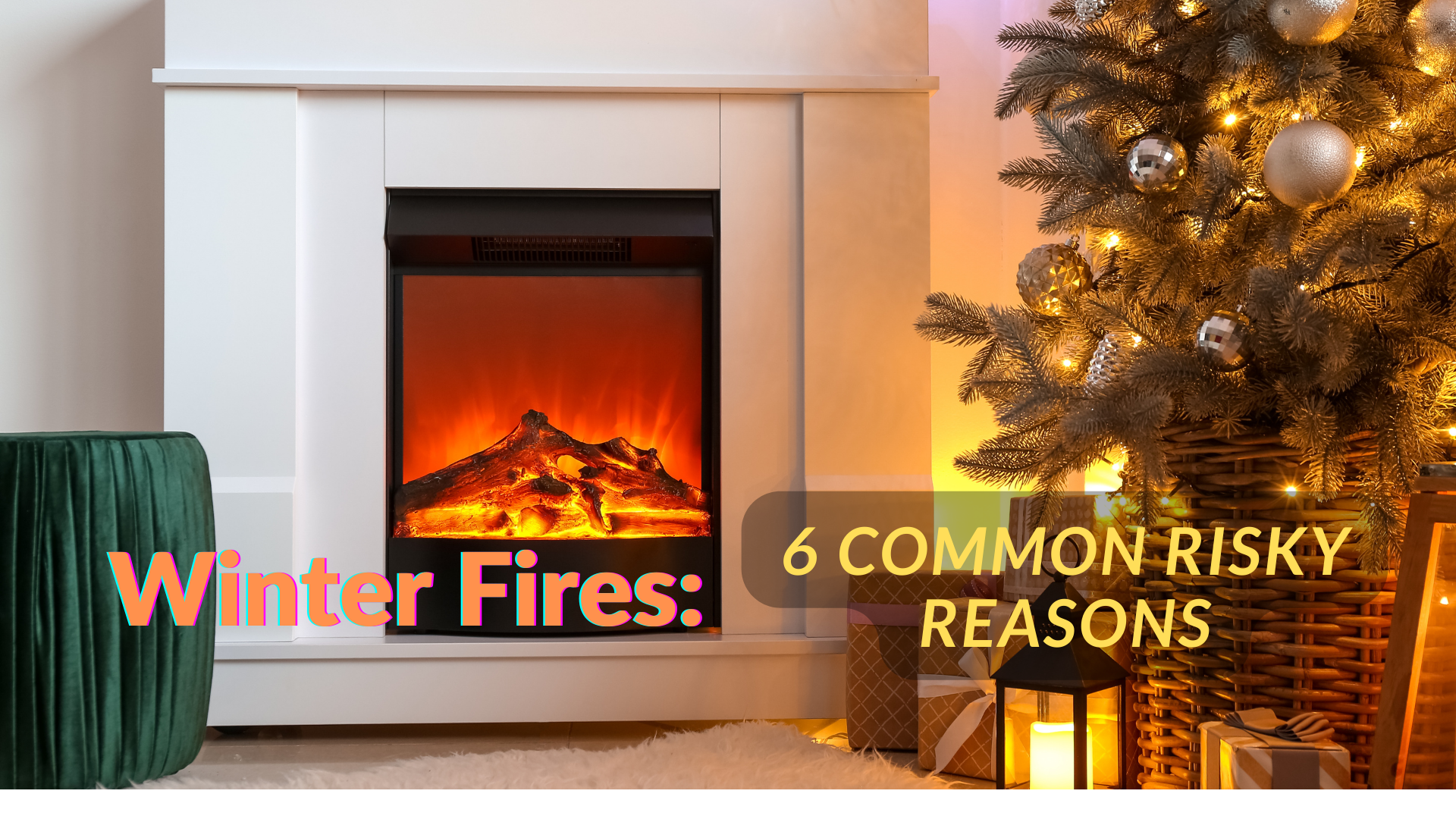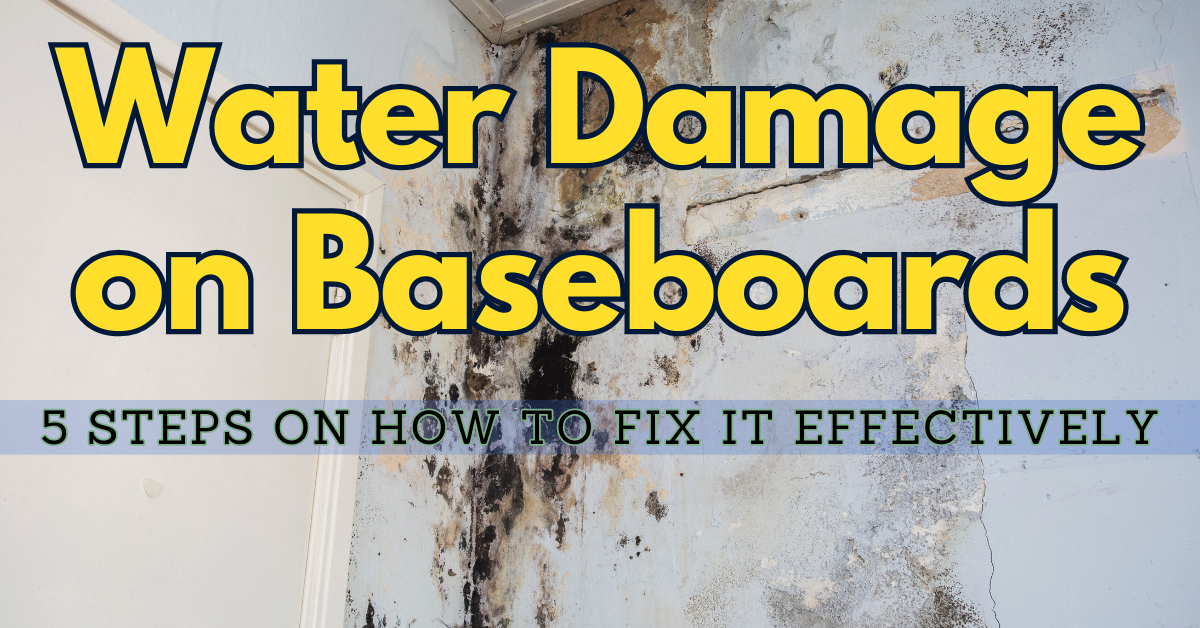To prevent electrical fires is crucial as they are a frequent reason for house fires in the United States. In fact, data indicates that electrical issues were the second most common cause of home fires in the U.S. between 2012 and 2016. These fires can cause significant harm to your house and endanger the lives of you and your loved ones. The positive news is that there are simple steps you can take to prevent electrical fires.
In this article, we will explore indications of defective wiring and electrical malfunctions, typical factors that lead to electrical fires, and suggestions for safeguarding your home against such fires.
Warning Signs of Faulty Wirings and Electrical Malfunctions
- Excessive heat from switches and outlets.
- Burning smells or acrid odor
- Flickering or dimming lights
- Discolored cords, outlets, and switch plates
- Repeatedly blown fuses and tripped circuit breakers
- Exposed wirings
- Sparks
- Frequent partial or total power outages
Most Common Causes of Electrical Fires
1. Faulty or worn-out wiring
Faulty or worn-out wiring is one of the leading causes of home electrical fires. If you live in an older home, most of the outlets are outdated and incapable of handling excessive amounts of electronics, particularly with today’s advanced technology. Some outdated outlets could not deal with the increased power load from such electronics. Furthermore, since some of the wirings have concealed behind the walls, it is difficult to tell whether it is broken or old.
2. Defective and old appliances
Although some homeowners are thrifty and prefer to use antique appliances such as their old toaster or microwave, the old wiring can be dangerous and result in a fire. Using old electronics and equipment that have frayed cords and loose or faulty wirings are the main culprit. These appliances can send heat to combustible surfaces like curtains, floors, and carpets. Nonetheless, the kitchen’s stove, refrigerator, ovens, and other equipment are all at risk of catching fire.
3. Light Fixtures
Light fixtures are another common cause of a home fire. Installing a light bulb with a wattage that is too high for a light fixture and lamps can lead to an electrical fire. Also, placing a cloth, paper, or any materials that can ignite above the lampshades can cause a tragic fire.
4. Overloaded cords and electrical circuits
Plugging too many electronics in one board or using unconstrained extension cords is a real threat because they can trigger a short circuit. Sometimes, too much wiring plugged in the electrical circuits can cause wirings to become entangled or what they call “octopus wiring”. Kinked or smashed cords produced more heat and eventually melted the insulation from inside out. Also, overloading circuits can exceed the level of recommended amperage and may cause damage.
5. Portable Heaters
Some homeowners tend to use portable heaters instead of an HVAC System. The right way to use this portable heater is to place it away from combustible materials like cloth, curtains, carpets, beds, couches, and papers. If the heater has positioned near combustible materials, it can ignite and cause a fire hazard. The coil-based space heaters are the most dangerous ones, especially if they are left unattended for an extended period of time.
6. Charging electronics and appliances
Sometimes charging your appliances or electronics can cause home fires. If you use a different brand of charger or use a defective one, there is a possibility that it can explode and cause fire damage to your home. Furthermore, overcharging devices could also cause electrical fires as most electronics and chargers have the recommended voltage for charging.
Tips to Prevent Electrical Fires
Here are some electrical safety tips to prevent electrical fires at home.
- Inspect your electrical cords and plugs regularly to see if it is defective and reduce the risk of electrical fires.
- Make sure all electrical outlets are well equipped and tight to the wall.
- Discard all cables and wires that are frayed and worn out.
- Make sure to never break off the third prong on a plug to plug it on the two-pronged outlet.
- Never run the cables under the floor rugs as they can produce excessive heat.
- Make sure you do not tamper with electrical plugs.
- Keep the electrical cords away from sources of heat and water.
- Keep heat-producing electronics unplugged when not in use.
- Try only using extension cords temporarily.
- Make sure to check the electronics for excessive heat and exposed wiring. Replace it immediately before it catches fire.
- Follow the manufacturer’s instructions before using the appliances.
- Ensure that all light bulbs and lighting devices are plugged into electrical sockets that match the recommended wattage.
- Ensure that all highly flammable materials are positioned well away from any heating devices and should not leave for an extended period without any supervision.
- Update your home electrical system.
- Do not plug-in devices with damaged cords and wirings.
- Make sure there are Ground Fault Circuit Interrupters (GFCI) in your outlets.
- Do not ignore warning signs of trouble and use surge protectors for multiple plugs.
- Replace all the outdated and malfunctioning fuses and circuit breakers.
- Update the electrical wiring every ten years.
- To prevent fire risks, hire a trained electrician to assist you with the repair and inspection of all your electronics and wiring.
In Case of a Sudden Fire, What Should I Do?
When a sudden home electrical fire happens inside your home, immediately call 991 and fire authorities and get yourself and your family out of your burning home.
For Fire Damage Restoration, Call a Professional
To keep your home at risk of electrical fires, the first thing you need to do is to know what to look out for. After that, follow all the tips above to prevent electrical fires from happening.
In case a tragic fire happened, and you are devastated about what to do with your burned household, worry no more and hire a fire damage cleanup and restoration professional like Superior Restore. We have high-quality equipment and trained experts that could restore your home from its pre-loss condition. Call our local office, Water Damage Irvine, for more information.




